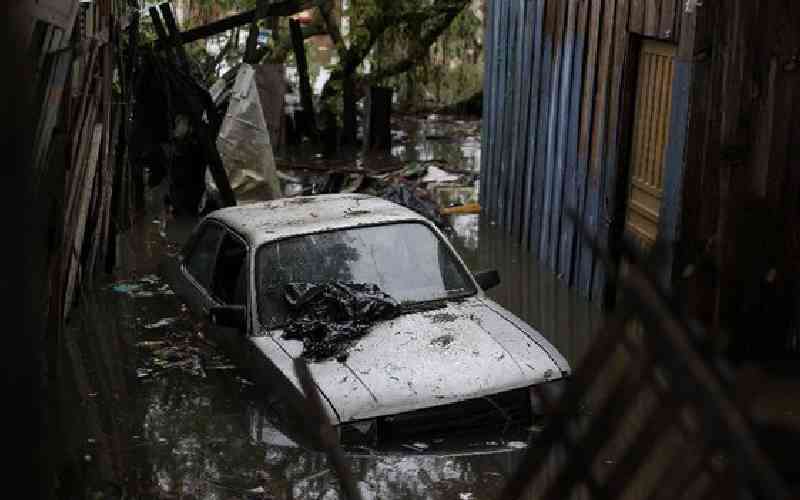×
The Standard e-Paper
Fearless, Trusted News

The death toll from devastating floods that have ravaged southern Brazil for days surpassed 100 on Wednesday, authorities said, as the search for dozens of missing people was interrupted by fresh storms.
Some 400 municipalities have been affected by the worst natural calamity ever to hit the state of Rio Grande do Sul, with hundreds of people injured and more than 160,000 forced from their homes.